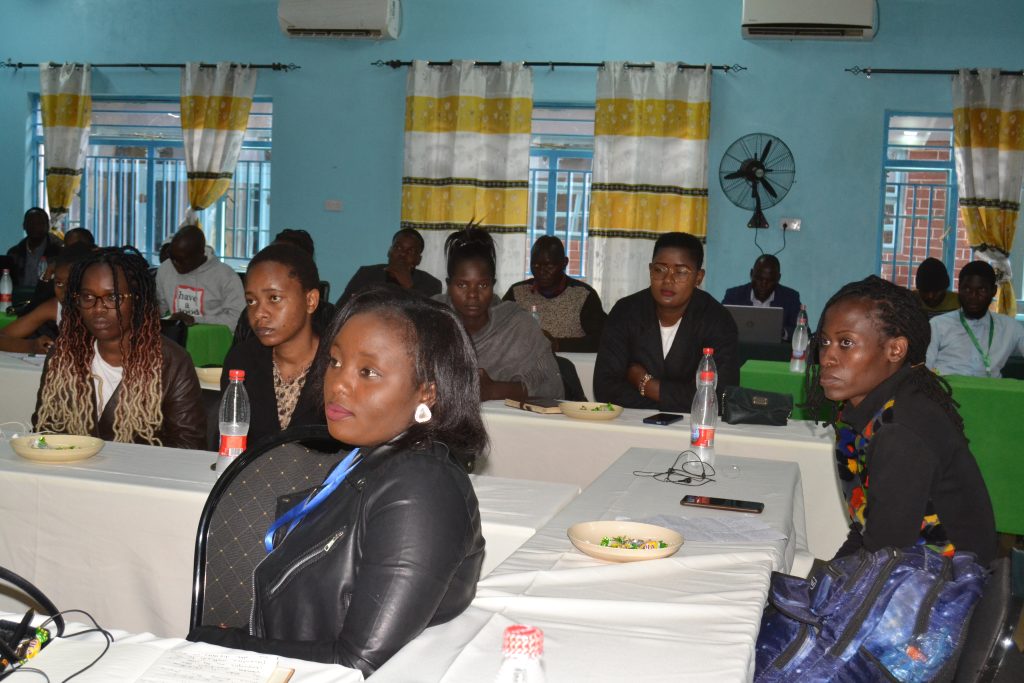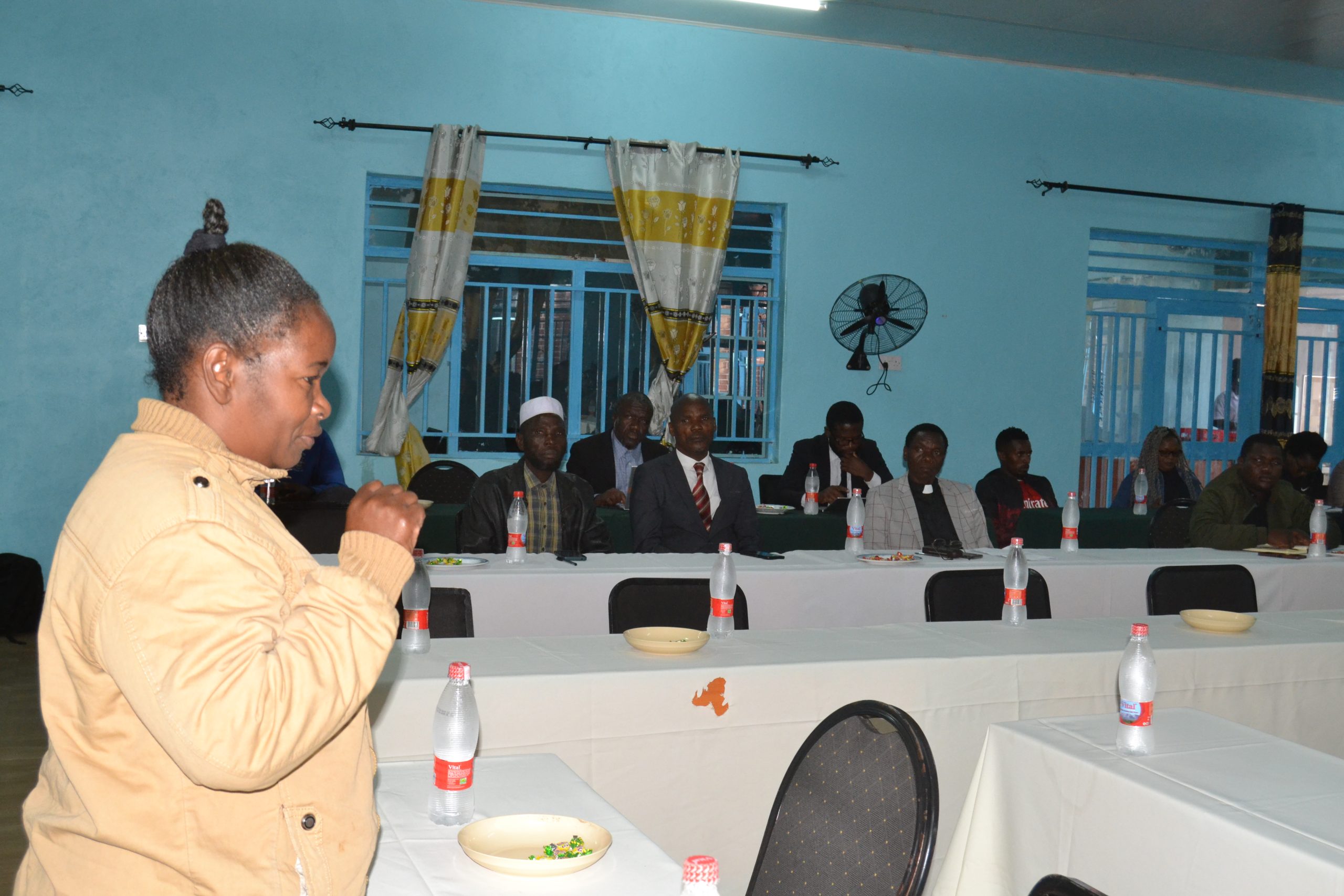A Catholic priest serving at St. Joseph Chiphwanya Parish in Dedza Diocese, Father Gerald Malota, has disclosed that the church has intensified efforts to combat tuberculosis (TB) and leprosy among communities in which they discharge their duties across Malawi.
Malota made the remarks in Salima on Thursday during the biannual tour, which the National TB and Leprosy Elimination Programme (NTLEP) organized with financial support from the Global Fund.

He said the church has a critical role to play in demystifying traditional and spiritual beliefs, including superstitions and witchcraft, which are associated with TB and leprosy among most Malawians.
“As a church, we believe that human life has to be viewed and taken from a holistic point of view. So we don’t just concentrate on saving souls, but also we know that there is a body attached. So the human being is both body and soul. So we know that as we live our life here on earth, a human being will always have some difficulties and some of the difficulties or diseases that have been there, from even the biblical times of Jesus Christ,” said Malota.
The cleric said the church has therefore intensified an awareness campaign in order to bring enlightenment among the faithful about the diseases.
Malota added that through its health facilities, the Catholic Church in Malawi teaches patients and guardians on how they can prevent the spread of diseases.
“We also encourage people through our homilies and talks that we have in the church. But this does not only just concentrate or focus on the Christians themselves, but also it is a responsibility that we take as priests, as religious leaders. We encourage each other to go for medical checkups so that we should know our status as far as tuberculosis and leprosy are concerned. So these are some of the strides that we have made,” he said.

In her remarks, NTLEP Community Mobilization and Engagement Officer, Beatrice Nindi, said the objective of the biannual tour was to allow media practitioners to gather TB and leprosy materials to contribute towards community mobilization and sensitization on the fight against the two diseases.
Participants to the tour were drawn from various media institutions across the country.
